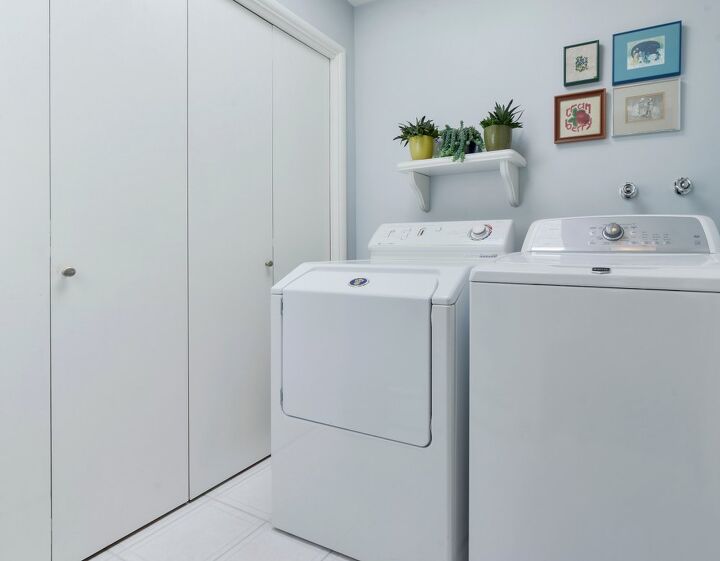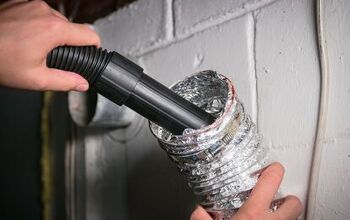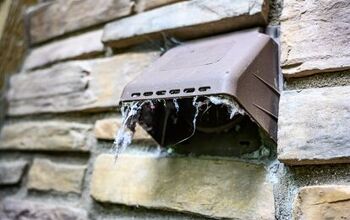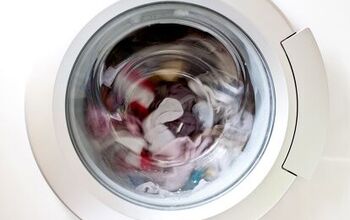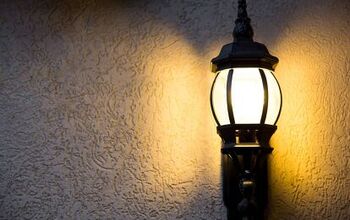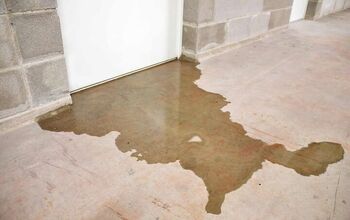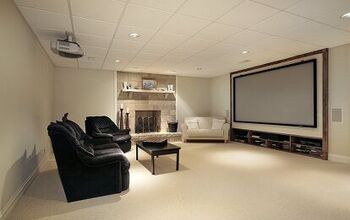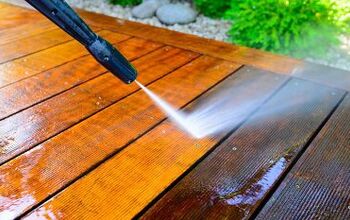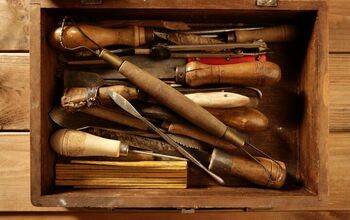Can Landlord Remove A Washer And Dryer? (Find Out Now!)

Many tenants prefer to rent a property that comes with a washer and dryer. It’s always more convenient to do laundry in the comfort of your own home than to go to a laundromat. But what happens if your landlord takes away the washer and dryer; are they allowed to remove these appliances?
Generally, your landlord cannot remove the washer and dryer if the lease lists them as amenities included in the rent. Similarly, if you live in a city with rent control laws, your landlord cannot take away the washer and dryer. But if neither of these conditions applies, then your landlord is not required to continue providing a washer and dryer.
In this article, we’ll cover the circumstances under which your landlord can remove the washer and dryer. We’ll also discuss the actions you can take if your landlord removes them and breaches the lease terms. Finally, we’ll explain whether your landlord can force you to remove a washer and dryer you’ve purchased and installed yourself.
Can Your Landlord Take Away The Washer And Dryer?
Is it legal and permissible for a landlord to take away the washer and dryer? That depends on the terms of the lease. If the lease states that the landlord will provide a washer and dryer, then removing them breaches the lease terms.
Lease Terms, Amenities, And Rent
However, if the lease doesn’t explicitly mention the washer and dryer, the landlord doesn’t have to provide them. Let’s say your landlord provides a washer and dryer, but they aren’t part of the lease. In this case, your landlord can remove the washer and dryer at any time.
If the lease lists the washer and dryer as amenities, your landlord may still be able to remove them. However, they will also need to lower the rent to reflect the loss of these amenities. This is especially true if there aren’t any laundromats in the area.
Rent-Controlled Locations
Many US cities have rent control laws. These laws require landlords to maintain all housing services present at the beginning of the tenancy. Housing services can include amenities like parking, pools, and laundry.
In these specific locations, the washer and dryer may not have to be listed in the lease. The tenant has a right to them if they are present when their tenancy begins. However, the tenant must be able to document the fact that the washer and dryer were present to begin with.
If you live in a rent-controlled location and your landlord removes your washer and dryer, there are actions you can take. First, contact your city’s housing department. They’ll advise you on how best to formally petition for a rent decrease.
Submitting a formal petition for a rent decrease does not allow your landlord to retaliate or end your lease.
What Can You Do If Your Landlord Removes The Washer And Dryer?
If your lease lists a washer and dryer as amenities and your landlord removes them, they must replace them. The original washer and dryer should be replaced with a comparable set in a timely fashion.
Write A Letter
As a tenant, if your landlord fails to replace the washer and dryer, you should write a letter. It should be an official signed letter, rather than an email, text message, or phone call.
In the letter, state that you disagree with the removal of the washer and dryer. Inform them that the lease listed the washer and dryer as amenities. Let your landlord know that they are in breach of the contract unless they replace them.
It’s also wise to research local laws and inform your landlord that they have a certain timeframe to resolve the issue. This timeframe should reflect your area’s specific laws and regulations.
Collect Documentation
You may wish to send this letter via registered mail, so you’ll have documentation that your landlord has received it. Documentation is essential if you eventually have to take your landlord to court or file a dispute.
Take Your Landlord To Court
It’s always ideal to try to work things out amicably. But in some cases, taking your landlord to court may be the only option. Be sure to hire an attorney and have plenty of documentation ready.
Break Your Lease
A final alternative is to break your lease. This is an option when your landlord has breached the terms of the lease by removing the washer and dryer. It’s wise to speak with a lawyer before breaking the lease to ensure you are within your rights to do so.
What If You Purchased And Installed The Washer And Dryer Yourself?
We’ve discussed whether a landlord can take away a washer and dryer that they provided. But what if you were the one who purchased the washer and dryer? Can your landlord take them away or force you to remove them?
Why Do Landlords Prohibit Tenants From Installing Washers And Dryers?
In apartment buildings especially, landlords often prohibit their tenants from installing washers and dryers. With these appliances come concerns of overloaded wiring or property damage from leaks.
Landlords also worry about washers and dryers being installed incorrectly. If they’re not able to oversee the installation process, they won’t know whether it was done according to code. This can be problematic because they won’t have protection against potential liabilities.
Because of this, many leases explicitly prohibit the installation of appliances like dishwashers, washers, and dryers. Even without an explicit prohibition, most leases contain provisions that prevent tenants from making alterations and changes to the property.
What Actions Can Your Landlord Take?
If your lease prohibits you from making changes and you install a washer and dryer, you’ve broken the lease terms. Your landlord can send you a “Notice to Cure,” which demands that the property be returned to its original state. This means you would have to remove the washer and dryer.
As long as you comply with the notice, then there should be no further issues. It’s important to note that your landlord is not responsible for the costs associated with installing or removing the appliances.
However, you can be evicted if you don’t remove the washer and dryer within the specified time frame.
Is There Anything Else You Can Do?
There is a possibility that you and your landlord could reach an agreement regarding the washer and dryer. You could talk to your landlord and see if there’s a way that they would be comfortable with the installation.
One option is to offer to pay an additional security deposit. You could also allow the landlord to inspect the installation so they can ensure it’s up to their standard.
Another possibility is to show that you have renter’s insurance that names your landlord as an additional insured. This would mean that if the washer and dryer caused property damage, your landlord would have coverage.
General Guidelines
Regardless of the action you choose to take, be sure to do it in a timely manner. Remain in accordance with any instructions provided by your landlord. Failing to do so can result in you being evicted or taken to court.
Related Questions
Can a landlord remove appliances?
Whether a landlord can remove appliances depends on the terms of the lease. If the appliances were included in the tenancy, then they generally cannot be removed. If a landlord removes appliances that are said to be provided in the lease, the tenant has grounds to sue.
Can a landlord remove a door?
Landlords cannot remove doors, as this makes the property uninhabitable and can constitute an illegal eviction. Even when a tenant hasn’t paid rent, removing a door is not acceptable or legal.
Can a landlord remove tenants’ belongings?
In most locations, landlords cannot remove tenants’ belongings unless expressly stated in the lease. One exception is in an emergency situation, if the belongings are blocking a passageway or exit. Otherwise, landlords have no right to tenants’ property; they only have rights to their own real estate property.

With a lifelong passion for writing plus strong enthusiasm for home improvement and DIY projects, joining the team at Upgraded Home was an easy choice. Jessica Allen likes to share helpful information with current and aspiring homeowners. Aside from writing, Jessica loves doing yoga, playing the piano, and dabbling in graphic design.
More by Jessica Allen



